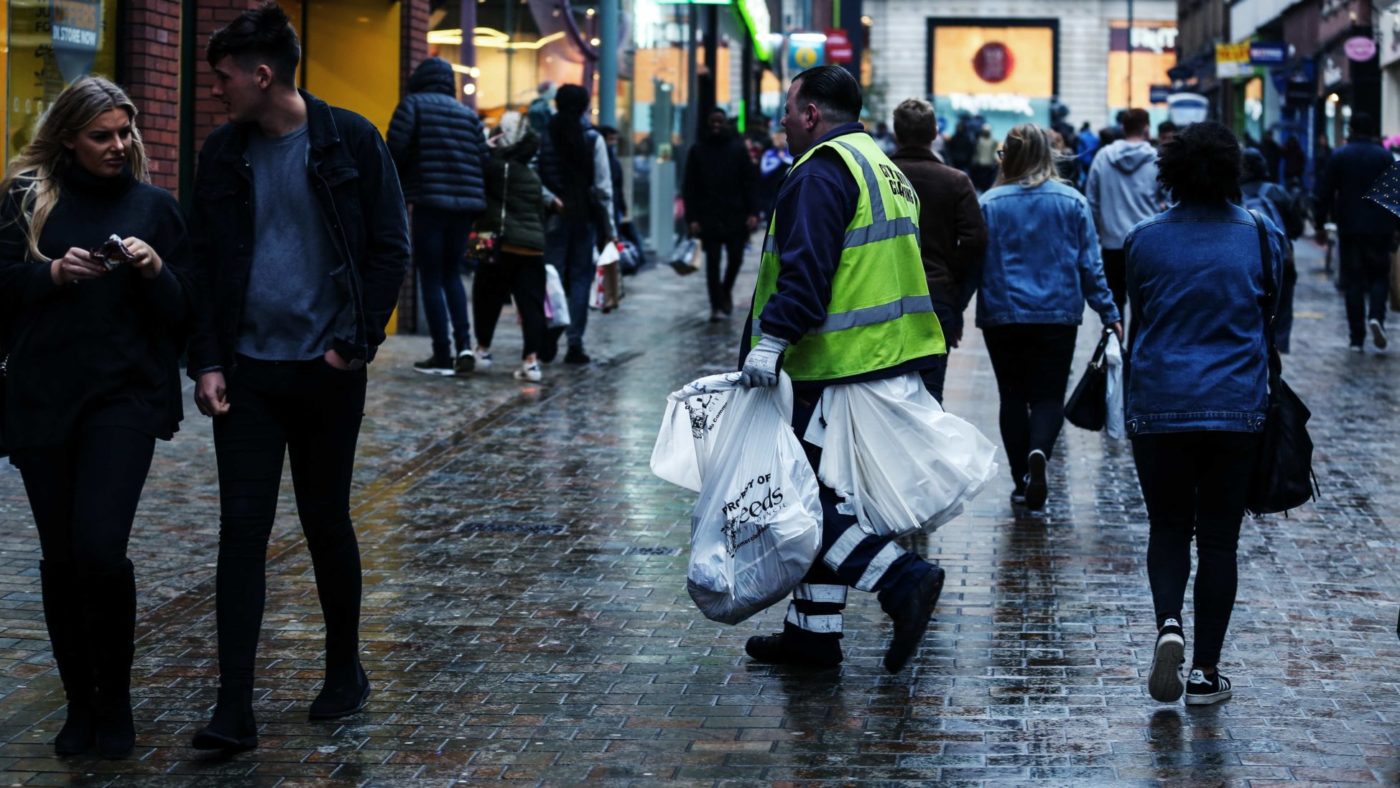Throughout 2019 CapX has been working with the anti-poverty charity the Joseph Rowntree Foundation on a project about rebalancing Britain, looking at how to tackle the longstanding issues in the British economy such as the gap between towns and cities, rural and urban areas and the different regions of the UK.
A big focus of the project has been how to improve the lot of low-income voters. So to discuss that this week, we brought together JRF’s Executive Director Claire Ainsley; pollster extraordinaire James Kanagasooriam – the man whose data strategy was crucial to the Scottish Tories storming the SNP barricades in 2017; and CapX’s Deputy Editor Frank Lawton. I began by asking Claire about just how important low-income voters will be in the coming election.
On… the transformation of British politics
The last 15 years are a very extraordinary period where we’ve begun to see a great political rotation…The Conservative vote, which for years has been principally a rural and quite affluent vote, it started to rotate and become more rural and less affluent. And what we’ve seen with the Labour Party is the inverse of that…
So the dividing line in British politics has shifted from income – high income versus low , conservative versus labour – to rural versus urban.
This is about long term social and economic trends. And political parties failing to catch up with an economy that has fundamentally changed.
On… low-income voters
The centre Left’s tendency, if it is concerned with low income voters at all, is to focus on younger low income voters. So look at the last Labour manifesto. It was absolutely laser focused on younger low income voters and principally areas that had the highest number of younger low income voters saw the largest rise in labour vote share
A lot of people can be very British-centric about these things, but if you look at what’s happening across the continent, if you look at what’s happening in America, centre right parties are becoming lot more attractive to low income voters.
In the 2017 election, low-income voters were torn between their concerns about their living standards, and their concerns about values. And ultimately, their concerns about their living standards were a bigger factor in what drove their vote.
There’s been a process where low income voters have fragmented away from the Labour Party, but not necessarily straight to the Conservatives – many of them decided to become to fall out of the electorate altogether.
On…devolving powers
I think the things that you could do with devolved powers do matter to people. So if you devolve the things that top the polling that we’ve done on skills, local business rates, allowing businesses to stay open, giving them support when they’re struggling, devolving transport, there could be an electoral dividend.
On…the intelligence of the public
The electorate is a lot more intelligent than people give it credit.
The support for More austerity or less therapy, a bigger state or a smaller state is perfectly aligned to the amount of money that the Government spends as a percentage of GDP.
As the Government gets bigger, people instinctively feel that state spending should be smaller. And as public spending declines as a percentage of GDP, the inverse happens…it’s a perfect feedback loop.
On…popular policies
Slashing business rates would have massive cut through with the public, according to all the polling.
Click here to subscribe to our daily briefing – the best pieces from CapX and across the web.
CapX depends on the generosity of its readers. If you value what we do, please consider making a donation.


